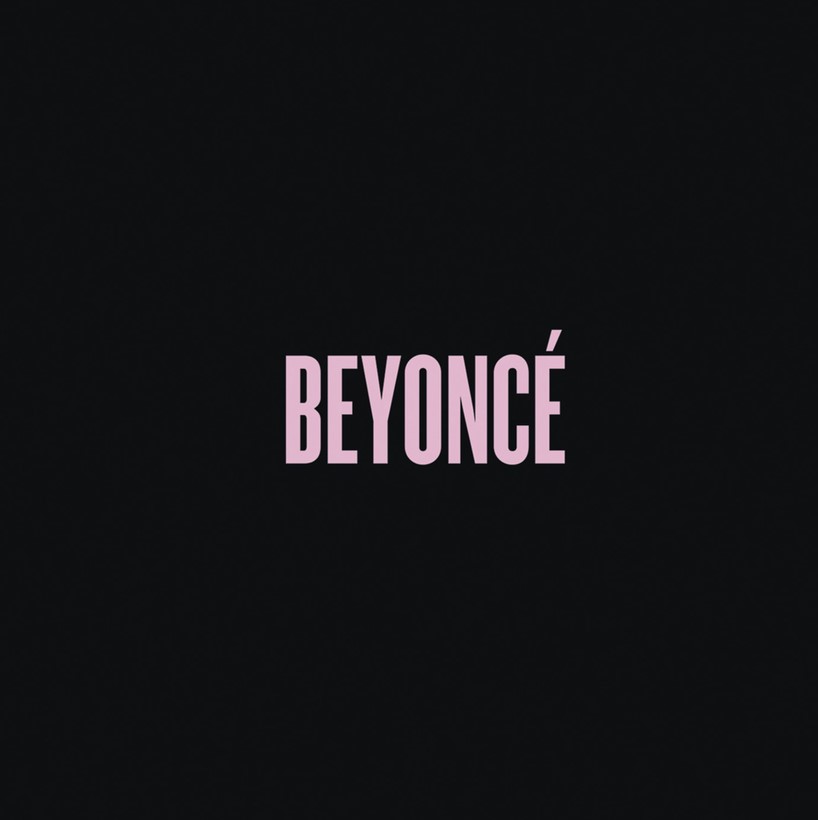Beyoncé released her fifth studio album “Beyoncé” onto iTunes on Friday, Dec. 13, 2013. The self-titled album marked several monumental shifts in the music landscape.
In 2013, Friday music releases were almost nonexistent. Billboard magazine, a news entity known for publishing weekly charts of the most popular songs in the U.S., tabulated their rankings using airplay, streaming and purchase data. These lists use data starting from the Tuesday of every week and take into consideration each day to the following Tuesday.
This resulted in popular artists releasing their new music on Tuesdays in order to maximize chart placement. After seeing the success of “Beyoncé,” many artists moved to release new music on Fridays.
Though only four days of sales are computed, Fridays are now seen as the optimal release time, as consumers have more time during the weekend to enjoy new releases. In 2015, the global recording industry accepted Fridays as New Music Fridays.
Because of “Beyoncé,” albums and singles are less likely to be lost in the shuffle of daily life, as the weekend is often designated for relaxation.
Get The Daily Illini in your inbox!
A month before the release of “4,” Beyoncé’s fourth LP, the album’s tracks were leaked to the public. In order to avoid the same occurrence from taking place, Beyoncé decided to release her following album with no promotional material.
With no advertising efforts, it would be expected that “Beyoncé” would flop. On the contrary, the album shattered iTunes records and has been certified platinum five times by the Recording Artists Industry of America. That following Tuesday, the album hit the top of the Billboard 200.
Apart from sales trends, “Beyoncé” also marked a shift in themes explored in popular music. The album is unabashedly a feminist work, a thematic archetype missing from the contemporary landscape.
The opening track “Pretty Hurts” details the harsh realities of perfection women are subjected to from society and themselves.
Songs such as “Partition” and “Rock” embrace sensuality and desire in a way that gained traction on popular radio.
“Blue,” titled after Beyoncé’s daughter, touches on the selflessness of motherhood.
The closing track “Superpower” addresses individual struggle from an intersectional perspective, a topic which she frequently touched on in her following album “Lemonade.”
Beyoncé openly claimed the term “feminism” and encouraged other women to do the same. The album not only promoted empowerment but was also a staple in pop culture’s discourse on the conceptualization of feminism.
The melding of R&B and pop was further explored on this album, and set trends for future releases.
Though albums such as Frank Ocean’s “Channel Orange” and Rihanna’s “Talk That Talk” continued on the traditions of contemporary R&B, Beyonce’s use of electronics and uncommon tones in the mixes marked a notable shift in the subgenre’s landscape to be influenced by electropop stylings, rather than just ordinary pop.
More recent releases such as SZA’s “SOS” and Kali Uchis’ “Red Moon in Venus” attest to such an impact.
Ten years later, Beyoncé’s self-titled still remains one of the most prominent influences in music culture. From setting promotion precedent to furthering the fight of feminism, “Beyoncé” marked a cultural shift in the music landscape.











